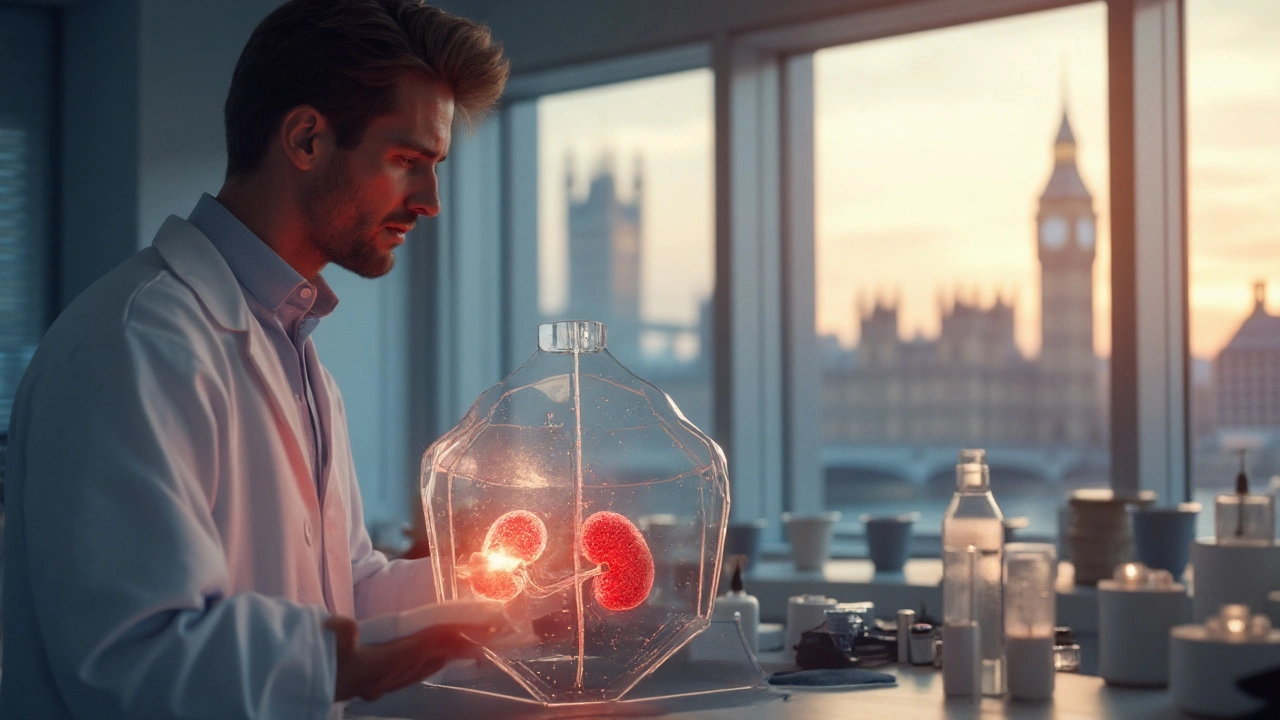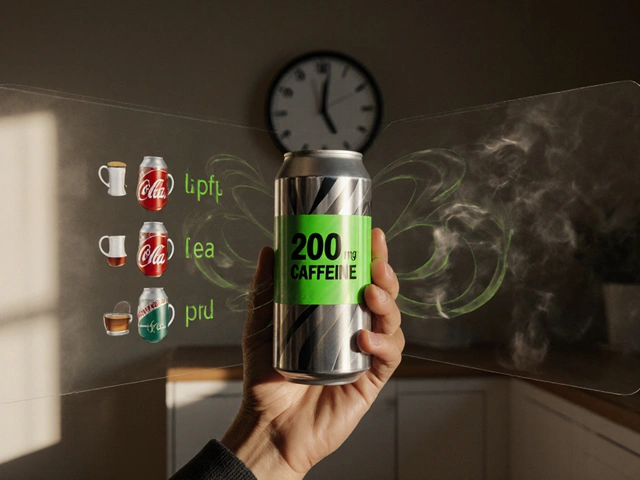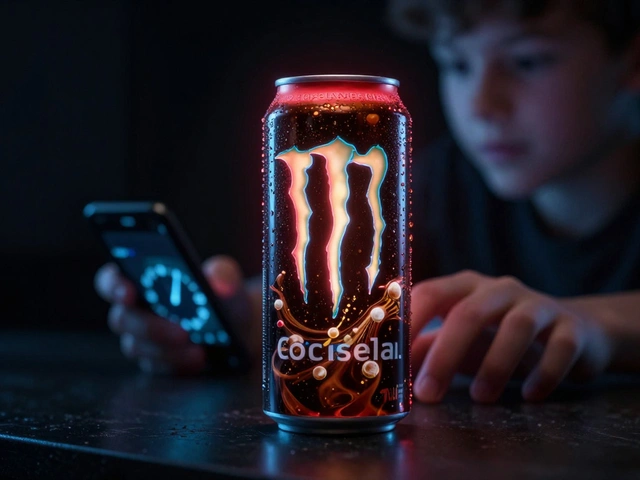Detox Myths Debunked: What Experts Really Say

Detox Myth Quiz
Detox is a process that claims to remove harmful substances from the body through specific foods, drinks, or regimens, often marketed as a quick fix for fatigue, weight gain, or skin problems.
Key Takeaways
- The liver, kidneys, and gut microbiome are the body’s real detox powerhouses.
- Most commercial detox programs lack solid scientific backing.
- Evidence‑based strategies focus on balanced nutrition, hydration, and sleep.
- Extreme detox methods can lead to nutrient deficiencies and metabolic stress.
- Consulting a qualified clinical nutritionist is the safest way to personalize any cleansing plan.
What "Detox" Actually Means in Medicine
In clinical terminology, detoxification refers to the liver’s ability to convert lipophilic (fat‑soluble) toxins into water‑soluble forms that can be excreted via urine or bile. The kidneys then filter these water‑soluble metabolites, while the gut microbiome assists by breaking down certain compounds and facilitating elimination through stool.
Liver is a major metabolic organ that processes nutrients, synthesizes proteins, and detoxifies chemicals using enzymes like cytochrome P450. Its detox capacity is measured by liver function tests (ALT, AST, bilirubin), which remain within normal ranges for most healthy adults.
Kidneys are paired filtration organs that remove waste products and excess electrolytes, maintaining fluid balance and acid‑base homeostasis.
The gut microbiome is a complex community of trillions of bacteria, fungi, and viruses that metabolize dietary compounds, produce short‑chain fatty acids, and even modulate the liver’s detox enzyme expression.
Common Detox Claims and Why They Fall Short
Popular detox trends include juice fasts, charcoal cleanses, herbal teas, and heavy‑metal chelation kits. While some ingredients (e.g., antioxidants in green tea) have proven health benefits, the sweeping claim that they "flush out" toxins is rarely supported by peer‑reviewed research.
For example, activated charcoal can bind to certain drugs and reduce their absorption, but it does not selectively target environmental pollutants. Studies from the Journal of Clinical Toxicology (2022) show no significant change in blood levels of BPA or phthalates after a 7‑day charcoal cleanse.
Similarly, juice fasts often reduce calorie intake, leading to short‑term weight loss, but they also deprive the body of protein and essential fatty acids, potentially impairing muscle maintenance and hormone production.
Expert Opinions: What Nutritionists and Toxicologists Say
Dr. Maya Patel, a certified clinical nutritionist based in Sydney, emphasizes that “the body already has sophisticated detox systems. Supporting them with whole foods, adequate hydration, and regular movement is far more effective than any proprietary cleanse.”
Dr. Luis Hernández, an environmental toxicologist at the University of Queensland, adds that “most people are exposed to low‑level contaminants like heavy metals (lead, mercury) and endocrine disruptors (BPA). These accumulate slowly, and acute detox regimens don’t meaningfully reduce body burden. Long‑term dietary patterns and lifestyle choices matter more.”
Scientific Evidence: What the Studies Actually Show
A systematic review in Nutrition Reviews (2023) examined 28 randomized controlled trials of “detox diets.” Findings:
- Weight loss averaged 1-2kg over 4weeks, comparable to calorie‑restricted diets.
- No trial demonstrated a statistically significant reduction in blood or urine toxin concentrations.
- Adverse events included electrolyte imbalance, dizziness, and transient fatigue.
Another longitudinal study published in the American Journal of Clinical Nutrition tracked 1,200 adults for five years. Participants who followed a balanced Mediterranean diet showed a 30% lower increase in urinary BPA compared to those who intermittently used commercial detox kits.

Safe, Evidence‑Based Ways to Support Your Body’s Natural Detox
Rather than chasing quick fixes, consider these proven strategies:
- Hydration: Aim for 2-3L of water daily; adequate fluid helps the kidneys excrete water‑soluble metabolites.
- Fiber‑rich foods: Whole grains, beans, fruits, and vegetables bind toxins in the gut and promote regular bowel movements.
- Cruciferous vegetables: Broccoli, Brussels sprouts, and kale contain sulforaphane, which can boost liver detox enzymes.
- Healthy fats: Omega‑3 rich fish and nuts support cell membrane integrity, aiding in toxin transport.
- Sleep: During deep sleep, the glymphatic system clears metabolic waste from the brain, a process akin to detox.
- Moderate exercise: Sweating helps eliminate trace amounts of heavy metals and improves circulation.
When considering a short‑term cleanse, keep these safety tips in mind:
- Never reduce calories below 1,200kcal/day without medical supervision.
- Monitor electrolyte levels if you’re on a liquid‑only fast for more than 48hours.
- Beware of “detox” supplements that contain undisclosed stimulants or diuretics.
Comparison: Popular Detox Diet vs. Balanced Mediterranean Diet
| Metric | Detox Diet | Mediterranean Diet |
|---|---|---|
| Average Daily Calories | 800‑1000kcal | 1800‑2200kcal |
| Protein Content | Low (≤20g) | Moderate (50‑70g) |
| Fiber Intake | Low (5‑10g) | High (25‑30g) |
| Evidence of Toxin Reduction | None (clinical trials 0/28) | Significant (30% lower BPA rise) |
| Reported Side Effects | Headache, dizziness, electrolyte loss | Minimal (rare GI upset) |
When a Detox May Be Medically Indicated
In certain clinical scenarios-such as acute heavy‑metal poisoning, drug overdose, or hepatic failure-professional detoxification (e.g., chelation therapy, dialysis) is essential. These interventions are administered under strict medical supervision and differ greatly from over‑the‑counter “detox” products.
For people with chronic liver disease, a licensed physician may prescribe a low‑protein diet to reduce ammonia production, but this is a targeted therapeutic plan, not a “cleanse.”
How to Evaluate a Detox Product or Program
If you’re still curious about a specific program, use this checklist:
- Does the claim reference peer‑reviewed research? Verify the study’s sample size and funding source.
- Are the ingredients listed with exact quantities? Vague “proprietary blend” warnings are red flags.
- Is a qualified health professional (registered dietitian, physician) involved in the design?
- Are there clear warnings about possible side effects, especially for pregnant women or people on medication?
- Does the program encourage sustainable lifestyle changes beyond the “detox” period?
Bottom Line
The body already knows how to detox-its liver, kidneys, and gut work 24/7. Most commercial detox schemes offer little more than a placebo‑driven sense of “reset.” By focusing on whole foods, proper hydration, sleep, and regular activity, you give those organs the support they need without risking nutrient deficiencies or other harms. When in doubt, talk to a qualified clinical nutritionist or your primary care physician.
Frequently Asked Questions
Does a juice cleanse actually remove toxins?
Juice cleanses are low‑calorie and may lead to temporary weight loss, but scientific studies show they do not significantly change blood or urine toxin levels. They can also cause nutrient gaps, especially protein and healthy fats.
Can activated charcoal cleanse the body of heavy metals?
Activated charcoal can bind certain drugs and reduce their absorption, but it does not selectively bind heavy metals like lead or mercury. Medical chelation remains the only evidence‑based treatment for significant heavy‑metal exposure.
What are the safest ways to support natural detoxification?
Stay hydrated, eat a fiber‑rich diet, include cruciferous vegetables, get regular sleep, and move your body daily. These habits help the liver, kidneys, and gut work efficiently without extreme restrictions.
Are there any medical situations where a detox is required?
Yes. Acute heavy‑metal poisoning, drug overdoses, and severe liver failure may need medically supervised detox procedures such as chelation therapy or dialysis. These are performed under physician oversight, not at home.
How can I tell if a detox product is credible?
Look for transparent ingredient lists, references to peer‑reviewed research, involvement of qualified health professionals, clear safety warnings, and a focus on long‑term lifestyle improvement rather than a quick fix.
Will a short‑term detox improve my skin?
Any improvement is usually due to increased water intake and reduced processed foods, not the detox itself. Consistently eating antioxidant‑rich foods and staying hydrated yields better, lasting skin health.





